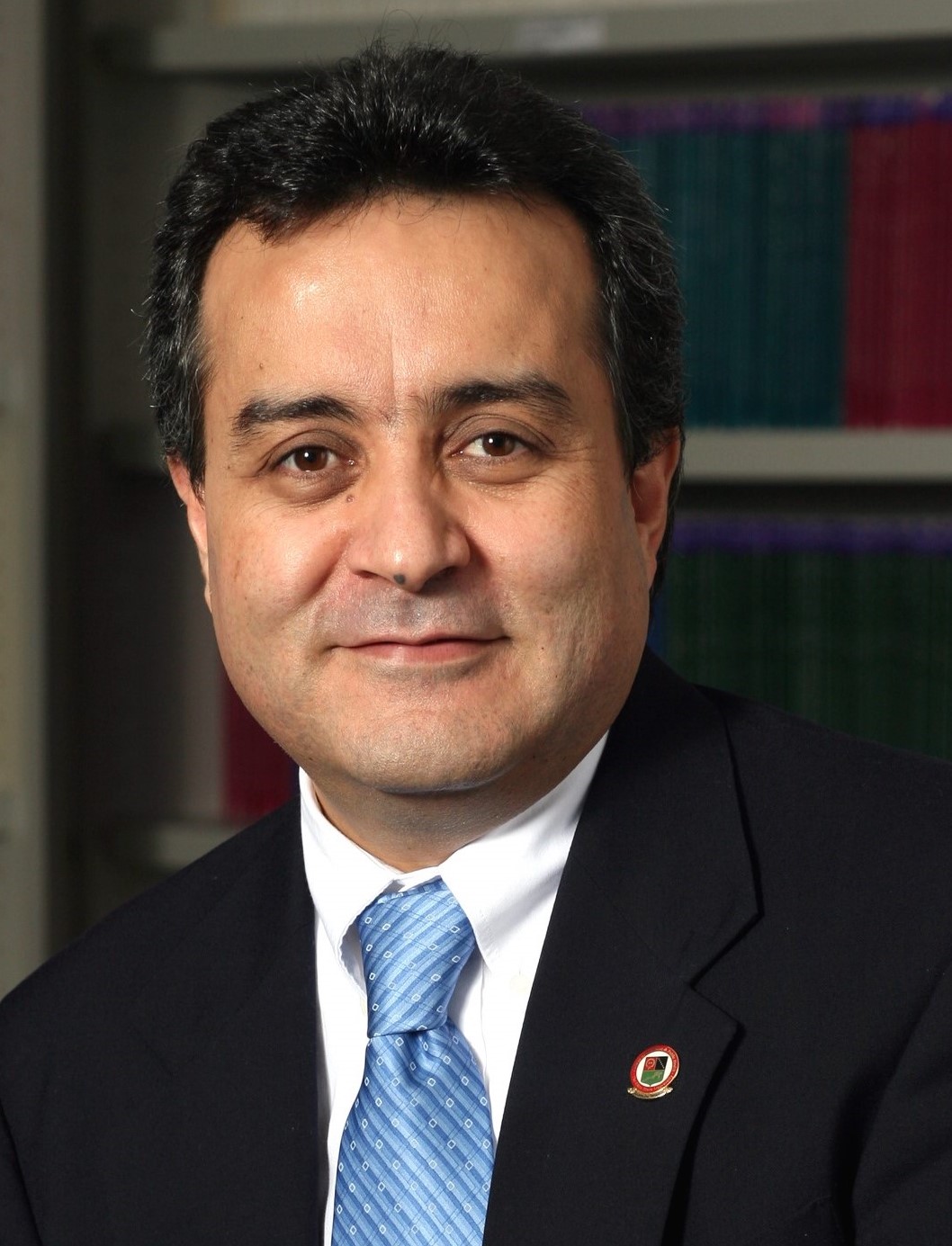Current research
Project 1: To address how altered expression of chromatin remodelers leads to aberrant gene expression, we establish stable human cell lines that express either sense or anti-sense cDNAs of various chromatin modifying enzymes, and use these reagents as tools to study key target gene expression expression. For example, we have determined that both the BRG1 ATPase chromatin remodeler and the PRMT5 histone-modifying enzyme work in concert to suppress expression of suppressor of tumorigenecity 7 (ST7) as well as retinoblastoma like 2 (RBL2) genes in a wide variety of cancer cells including mantle cell lymphoma (MCL), chronic lymphocytic leukemia (CLL), and Diffuse Large B Cell Lymphoma (DLBCL). Furthermore, we have determined more recently that PRMT5 is involved in epigenetic silencing of key antagonists of the WNT/beta-Catenin and AKT/mTOR signaling pathways in both lymphoma and triple negative breast cancer.
Project 2: To gain a better insight into how chromatin remodelers and histone modifying enzymes impact genome-wide gene expression programs, we have established in the laboratory various high throughput platforms to answer questions relevant to human health. For instance, we have developed ChIP-Seq and RNA-Seq platforms to identify global signatures and gene expression programs using reagents designed to detect chromatin modifiers and epigenetic marks identified in the laboratory. Because most of our research efforts are directed toward finding better diagnostic tools that can be used to accurately characterize clinical outcome before and after treatment with drugs, and development of new therapeutic agents that can be used to treat diseases such as cancer, my group currently investigates how overexpression of PRMT5 is altered in cancer cells and how this imbalance affects histone arginine methylation and impacts other epigenetic marks such as histone lysine methylation and DNA methylation.
